
A global OEM is calling on European governments to prioritize sustainability when they purchase electronics.

A global OEM is calling on European governments to prioritize sustainability when they purchase electronics.
 European Union leaders appear to have settled on a limit for trace amounts of flame retardants in recycled plastics. A reclaimer called the limit “workable,” but activists say it’s not nearly restrictive enough.
European Union leaders appear to have settled on a limit for trace amounts of flame retardants in recycled plastics. A reclaimer called the limit “workable,” but activists say it’s not nearly restrictive enough.
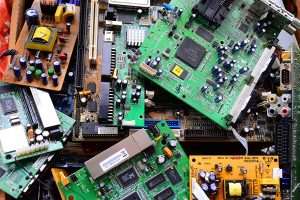 Metals company Boliden recovered copper and precious metals from 95,000 short tons of printed circuit boards in 2018, up 12 percent year over year, according to an annual report.
Metals company Boliden recovered copper and precious metals from 95,000 short tons of printed circuit boards in 2018, up 12 percent year over year, according to an annual report.
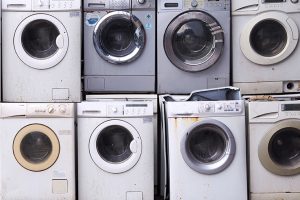
The recycling rate for electronics and electrical appliances increased in the European Union in 2016, new figures show.
 ITAD firm Re-Teck opened its first Dutch location this week, a facility that the company says will bolster its European market reach.
ITAD firm Re-Teck opened its first Dutch location this week, a facility that the company says will bolster its European market reach.
BAN staff member Chris Brandt installs a GPS tracker into an LCD screen in Ireland.
The Basel Action Network today released its latest e-scrap export tracking study, this time highlighting shipments from European Union countries to Africa, Asia and Eastern Europe.
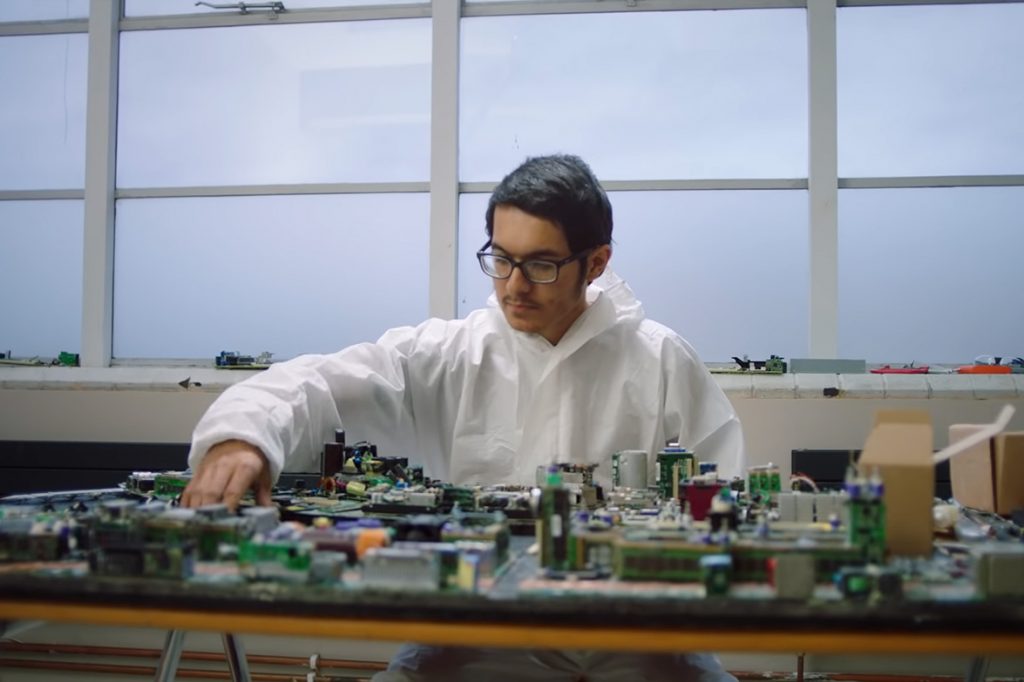
Artist Zayd Menk works on a model of London’s Westminster area, crafted entirely from e-scrap.
A teenage artist collaborated with a U.K. ITAD services provider to create a miniature version of London’s Westminster area – made entirely from e-scrap.
Continue Reading
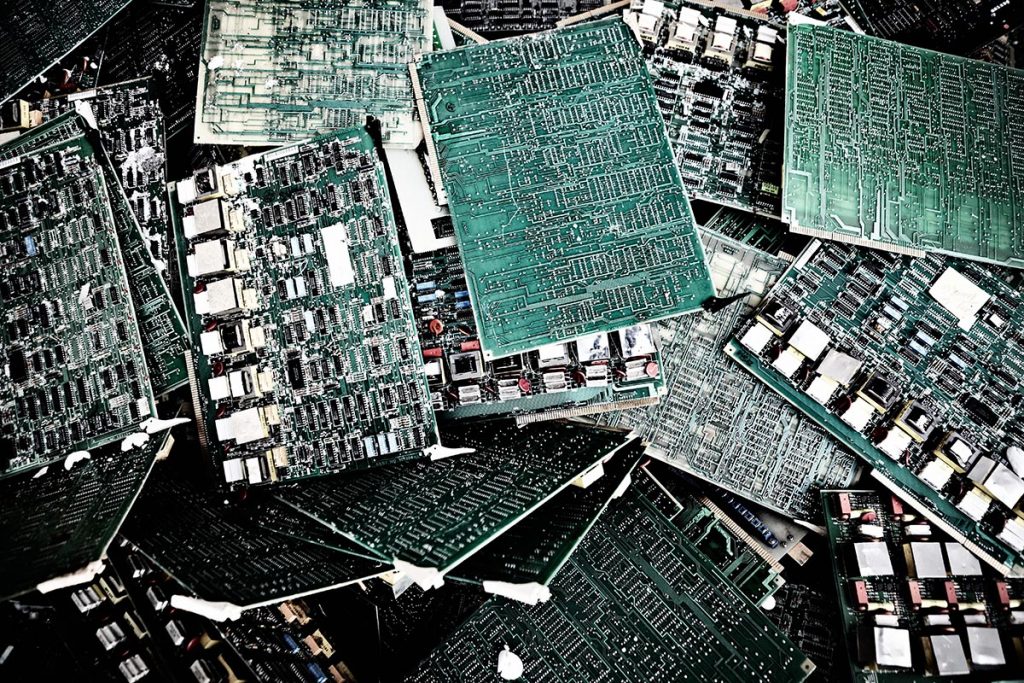 A metals company will expand capacity at a Swedish copper smelter that consumes substantial volumes of printed circuit boards.
A metals company will expand capacity at a Swedish copper smelter that consumes substantial volumes of printed circuit boards.
 A partnership between a processor and a prison in the U.K. is training inmates in dismantling electronics within the prison walls.
A partnership between a processor and a prison in the U.K. is training inmates in dismantling electronics within the prison walls.
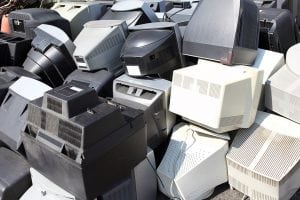 A draft European Union law limits traces of a flame retardant in products to such a low level that it would effectively kill e-plastics recycling on the continent, two industry groups said.
A draft European Union law limits traces of a flame retardant in products to such a low level that it would effectively kill e-plastics recycling on the continent, two industry groups said.

